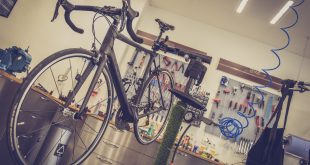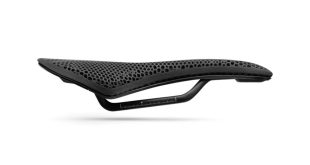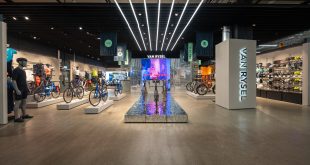According to John Burke, it’s down to supporting IBD customers. An interview with Burke is carried in today’s Wisconsin State Journal.
Following on from his findings in 1985-6, Burke became part of the inside management, helping his father turn the company around:
"My father changed out the entire management and he came in and ran the business.
"He came out here and he said we’re going to build a quality product at a competitive value. We’ll deliver it on time and we’re going to have a positive environment for the customers and the employees. That was the defining moment.
"We have a great team of people. You see all these business stories about executives who come and go. It’s almost like free agency in sports. If you take a look at the team of people here, I can talk to you about the finance guy who’s been here 20 years, the guy in the credit department that’s been with the company 23 years, the marketing guy who I went to kindergarten with. He’s been with the company 20 years. The guy who runs our parts and accessories business, he’s been at Trek for 22 years, or the guy we hired to run our European business 15 years ago when we first started. He’s still here."
But it’s the focus on IBDs that sets Trek apart, believes Burke:
"We have a saying that we stole from, I think, Tom Peterson. "Make your customers wildly successful." We’ve always been a believer in making our retailers successful. And we have really taken that up a lot of notches over the last five years. We said, "OK, what can we do to make our customers really successful? Not just selling them stuff, but how can we make them profitable businesses?"
"If we can go into a store and we can help them double their profit, they’re going to sell a lot more Treks."
And Trek’s core support of Bikes Belong, the US trade’s link-up with US bicycle advocacy, is also important. Burke is a past president of the organsation:
"One of the beautiful things about being in the bicycle business is that it solves so many of the world’s complicated problems in a simple way. One of the things we’ve said is that we’re going to spend time and money on bicycle advocacy to make sure that we can get more people on bikes more often.
"Thirty years ago, you had roughly 60 percent of kids ride a bike or walk to school. Today that number’s like 8 percent. The numbers for childhood obesity are through the roof. We’re lobbying to help change that.
If you go back 15 years, the federal government spent $20 million a year on bike paths. Today, the federal government, with the passage of the transportation bill, will spend somewhere near $800 million a year on bicycle and walking paths. Trek helped make that happen."
Next week, listen out for a podcast featuring interviews with execs of Bikes Belong and the League of American Bicyclists.
TREK STATS
Number of
employees: 1,600 worldwide, 600 in Waterloo and Whitewater
Gross annual sales: More than $400 million
 BikeBiz Bicycle and cycling retail news
BikeBiz Bicycle and cycling retail news



